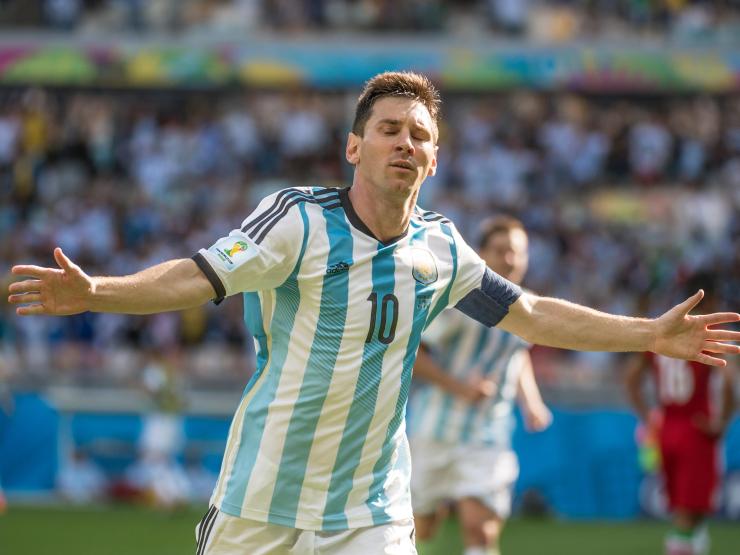Pope Francis formally proclaimed on Thursday a Holy Year starting in late December, which will stress the need for hope in a world beset by hunger, poverty and war.
One of the Roman Catholic Church's most important events, the Holy Year, or Jubilee, usually takes place once every 25 years and is expected to draw some 30 million pilgrims to Rome seeking forgiveness of their sins.
In a ceremony held at St. Peter's Basilica before a massive bronze door decorated with panels depicting human sin and God's mercy, the pope presented an edict known as a papal bull outlining his vision for renewed hope for the year.
"This hope, which transcends life's fleeting pleasures and the achievement of our immediate goals, makes us rise above our trials and difficulties, and inspires us to keep pressing forward," the pope wrote in the edict.
In the 10-page document, the pope touched on many of the themes that have marked his papacy, denouncing the "scandal" of world poverty and the horror of war, while defending the rights of migrants and the need to boost birthrates in many countries.
He likewise repeated his call for an end to the death penalty, asked governments to offer amnesties to prisoners and urged debt relief for poor nations.
"If we really wish to prepare a path to peace in our world, let us commit ourselves to remedying the remote causes of injustice, settling unjust and unpayable debts, and feeding the hungry," his edict said.
The Jubilee will test the stamina of Francis, who turns 88 in December and has suffered repeated health problems in recent months, including abdominal surgery and regular bouts of flu. He has been head of the nearly 1.3 billion-member Catholic Church since 2013.
HOLY DOORS
The Holy Year kicks off on Christmas Eve, Dec. 24, when the pope opens the Basilica's bronze door, which symbolises the doorway of salvation for Catholics and is normally sealed.
The Holy Doors to Rome's three other major basilicas will be opened over the following 12 days and the event will come to a close on Jan. 6, 2026, when the St. Peter's doorway is closed.
Faithful who make pilgrimages through the doors, to other specified religious sites or who do good works during a Holy Year can receive indulgences, or the remission of punishment for sins, under certain conditions.
The first Roman Catholic Holy Year is believed to have been instigated by Pope Boniface in 1300. The last ordinary Holy Year was held in 2000 under Pope John Paul II while Francis called an extraordinary Holy Year for 2016.
With the official countdown now underway, Rome is busy preparing for the expected flood of pilgrims, drawing on a 4 billion euro ($4.3 billion) budget to make the city more accessible and enjoyable for visitors.
The city has long been blighted by poor public transport, overflowing garbage bins and potholed streets, so much so that Francis has publicly called on Rome authorities to improve its basic services ahead of 2025.
Answering his call, a major road is being cased in a tunnel to create more pedestrian areas around the Vatican, public transport hubs are getting a facelift and the mayor has promised more taxi licences to make up for a drastic shortage.








